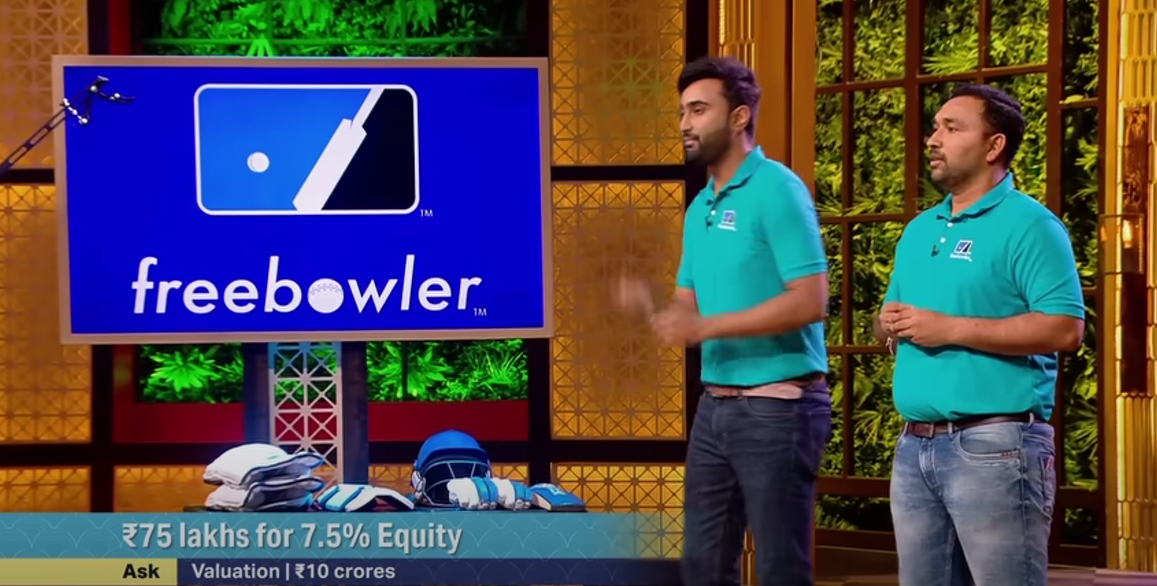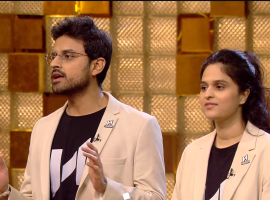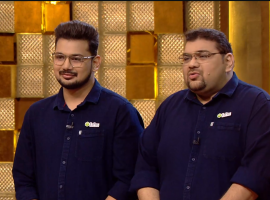Founders of Freebowler Have Raised 75 Lakhs Through Shark Tank India
Latest posts by Karan Balodi (see all)
- Revolutionizing EdTech and Youth Employment: Funngro’s Inspiring Shark Tank Journey - December 10, 2024
- Post-Transplant Patient Care Startup Acrannolife Genomics Expecting The Revenue of ₹4000 Crores After Shark Tank India - December 5, 2024
- Agricultural Startup GROWiT’s Sales Have Surged By 70% After Shark Tank India - December 4, 2024





